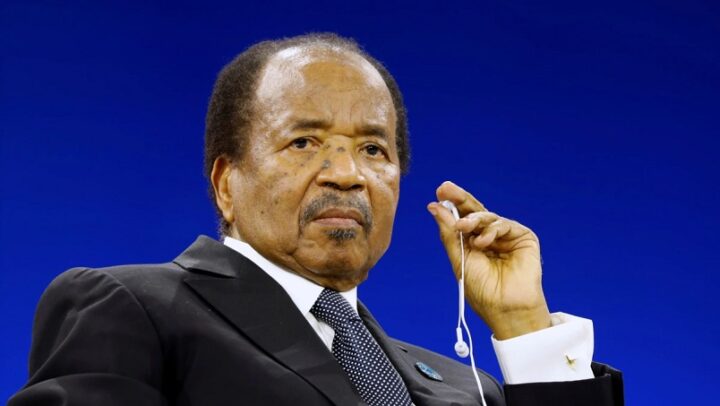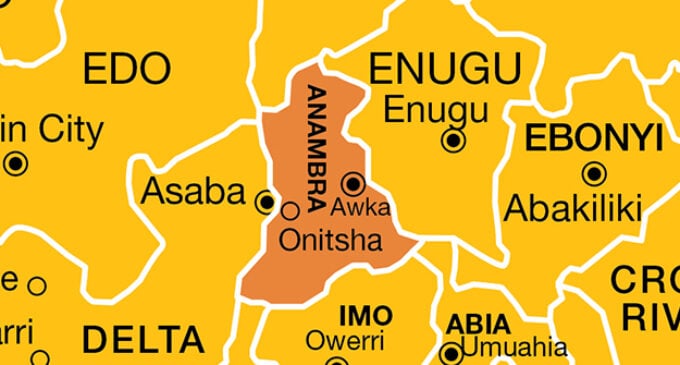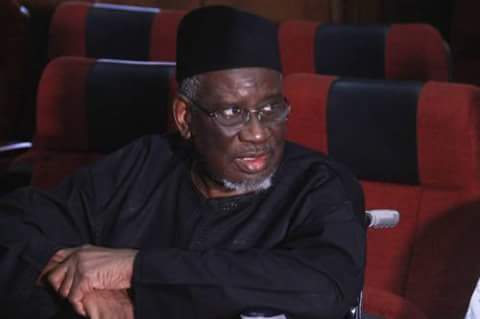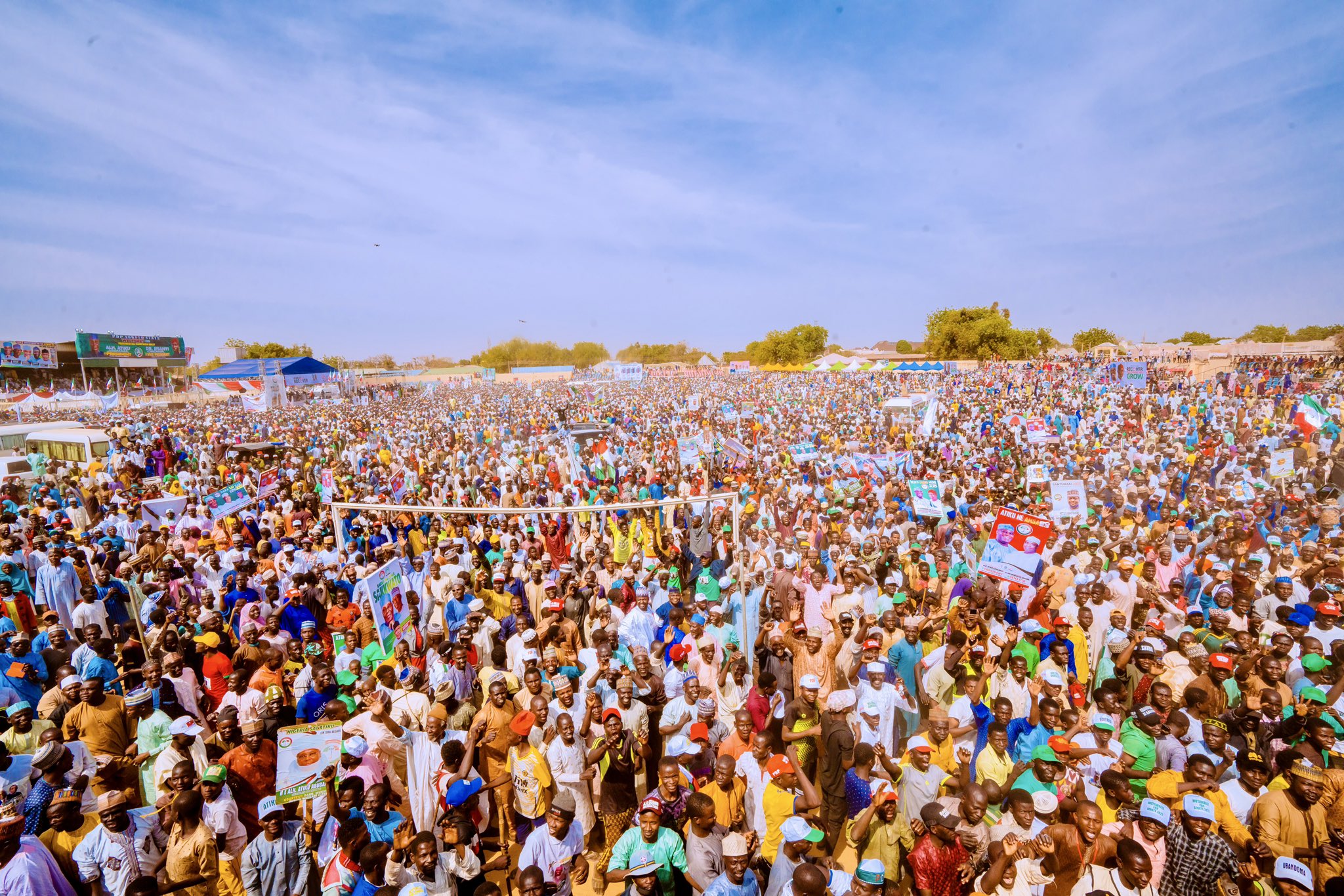The International Monetary Fund (IMF) has reached a staff-level agreement with Cameroon that will give the country access to about $74.6 million.
With the agreement Cameroon will have access to the fund once a review is formally completed by the IMF executive board in early March 2023.
Since November 2021, the Central African country has been battling with high inflation, driven mainly by shortage and increase of the price of staple goods.
An IMF team had visited Cameroon earlier in the month and also held virtual meetings to discuss progress made on reforms and policy priorities in the context of the third review of the programme, supported by extended credit facility and extended fund facility arrangements.
Advertisement
“The mission has reached staff-level agreement with the Cameroonian authorities on the economic and financial policies that could support the approval of the third review of the programme,” Cemile Sancak, IMF mission chief for Cameroon, said in a statement published on the organisation’s website on Monday.
“Conclusion of the third review by the IMF executive board scheduled in early March 2023 would enable the disbursement of SDR 55.2 million (about US$74.6 million).”
IMF said Cameroon’s economy proved resilient to the COVID-19 shock.
Advertisement
According to the organisation, following an increase of 3.6 percent in 2021, real GDP growth is expected to remain stable at 3.4 percent in 2022.
In addition, the country’s headline inflation is expected to reach 6 percent at the end of 2022, mainly driven by food prices due to higher import costs as well as domestic supply pressures.
It explained that the country is now facing increased challenges in an uncertain global environment.
“The recovery is subject to greater risks with spillovers from Russia’s war in Ukraine, including inflationary pressures, supply chain disruptions, and a tightening of global financial conditions,” the statement adds.
Advertisement
“Prolonged shortages and high prices of fertilizers have raised food security challenges. The mission welcomed the authorities’ efforts to ensure adequate supplies of fertilizer for the harvest, supported by the World Bank and African Development Bank.
“The overall fiscal deficit is expected to decline to 1.7 percent of GDP in 2022, supported by continued recovery, higher oil prices, and non-oil tax revenue.
“The performance of non-oil tax revenue should offset the increase in current spending mainly from higher fuel subsidies, which are estimated to reach CFAF 800 billion (2.9 percent of GDP) in 2022. The public debt-to-GDP ratio is estimated at 46.3 percent at end-2022.”
However, the multilateral institution said the country’s economy will grow by 4.3 percent this year, inflation remains at a single-digit level.
Advertisement
“The economic outlook for 2023 is favorable though subject to considerable downside risks, especially from the external economic environment. Economic growth is expected to accelerate to 4.3 percent in 2023 while inflation is projected to remain at about 6 percent at end-2023.
The IMF said the Cameroonian authorities, at the end of discussions, recognised the need to reduce fuel subsidies to create fiscal space for productive investment and social spending.
Advertisement
In December 2022, Ghana, a West African country, also secured a staff-level agreement with the IMF on a $3 billion loan deal.
Advertisement
Add a comment






